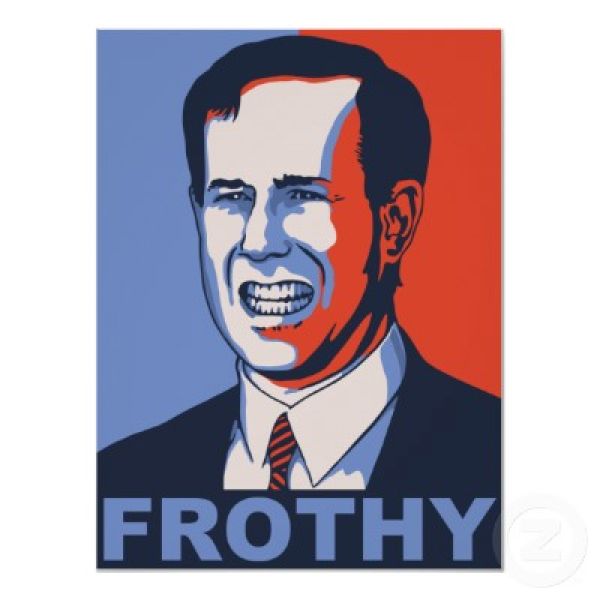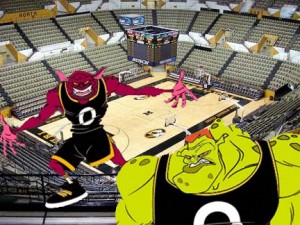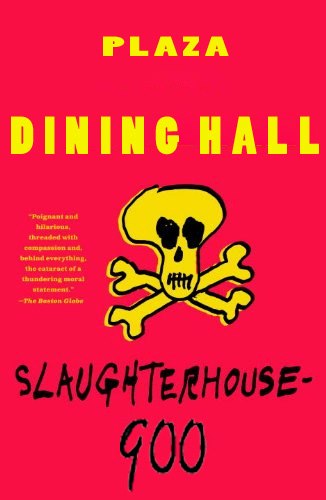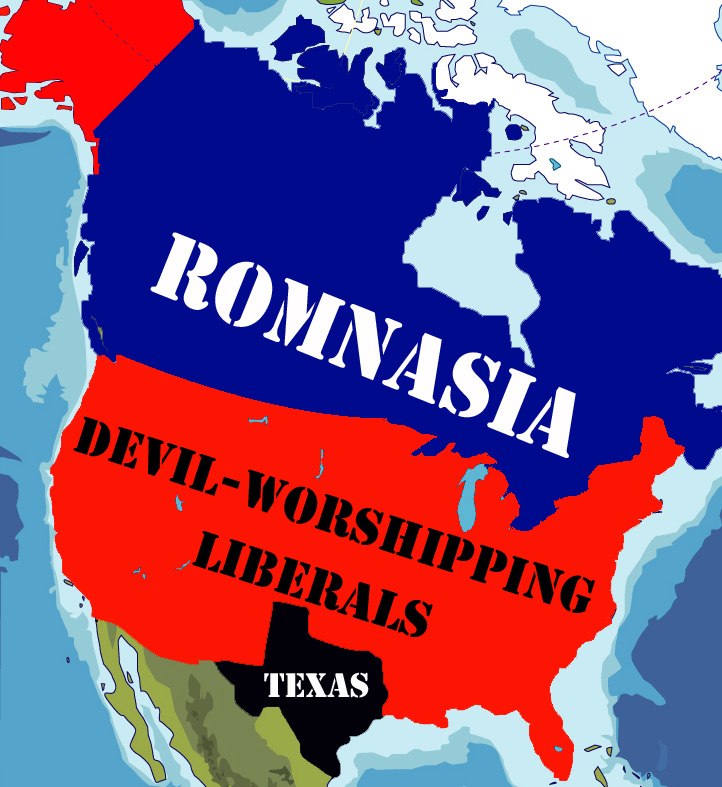Syllabus Week, known as the “Festival of Natty Lights” to many, will soon be upon us once more. Though widely celebrate by most college students, there are many who have forgotten the true meaning of the weeklong celebration. To remind us why we celebrate Syllabus Week, we have decided to retell the story of how it came to be.
Long ago at a state school far away, in the days just after the prolonged family exposure known as “Winter Break,” the university’s students grew woefully depressed. After a month of home-cooked meals and a complete lack of anything remotely related to academics, students were overwhelmed by the sudden scarcity of food and surplus of all things scholastic. College, a time traditionally filled with binge-drinking and endless parties, followed by menial amounts of schoolwork on the side, was being overtaken by spiteful professors and TAs, who were looking to avenge the end of their own winter breaks by punishing their students, whose fault it was that they must once more return to half empty lecture halls populated by those selfsame disinterested and hungover individuals. Tired of this annual bout of seasonal depression and bullying, one inventive frat decided to counteract the “winter blues” with a full out rebellion against the wicked university professorial staff. Rather than study, the fraternity, whose name has been lost through the ages, chose to throw raucous parties each night of their first week back on campus after Winter Break. They dubbed this seven day period of binge-drinking and poor life choices “Syllabus Week.”
As the years wore on and Syllabus Week became an annual tradition, the professors of the university grew tired of the utter lack of attendance or participation in their classes and took their problem to the University President. The President, a coldhearted, cunning individual, decided to bring campus police into the situation, and thus the three powers united and an “Axis of Evil” was forged. The Axis formulated a plan to end Syllabus Week once and for all: The professors would continue to teach their lectures and lessons, however, they would burden students with endless amounts of homework and point-heavy tests. Simultaneously, Campus Police would patrol the streets surrounding the fraternity, stopping anyone visibly drunk, in the hopes of giving out as many drinking tickets as possible. The lethal combination of MVIs (minor visibly intoxicated) and a severely increased workload was believed by the Axis to be the only way to permanently end the observation of Syllabus Week.
The Fraternity, however, had other plans. Enraged by the attempts of the University to thwart their tradition, the boys fought back. The parties became wilder, the drinking grew more intense, and rest of the university’s frats were incorporated. The parties outlasted the first week back and stretched on and on. One by one, the fraternities fell to the Axis’ power, in addition to their steadily plummeting GPAs; all but the the First Frat.
Finally, after weeks of fighting, the Axis sunk to a new low: using money initially intended for dormitory renovation, the school bought up all of the alcohol at every liquor store in the surrounding two counties. Undeterred, the men partied on. For seven days and seven nights, the party continued. Miraculously, the fraternity’s dwindling supply of liquor lasted the entire time. Finally, upon the seventh evening, the university gave up. The Axis had run out of funds and the will to fight. The First Frat had won.
Ever since the triumph of the courageous band of brothers over the Axis of Evil, the story of Syllabus Week has spread and so too has the tradition. Today, college students across the country eagerly countdown the days after Christmas until they will once again be reunited with friends and roommates in their respective lawless college towns, celebrating their return to binge drinking and poor life decisions with seven days and seven nights of consecutive heavier than usual binge drinking and poorer life decisions.
And that is the story of Syllabus Week.





















